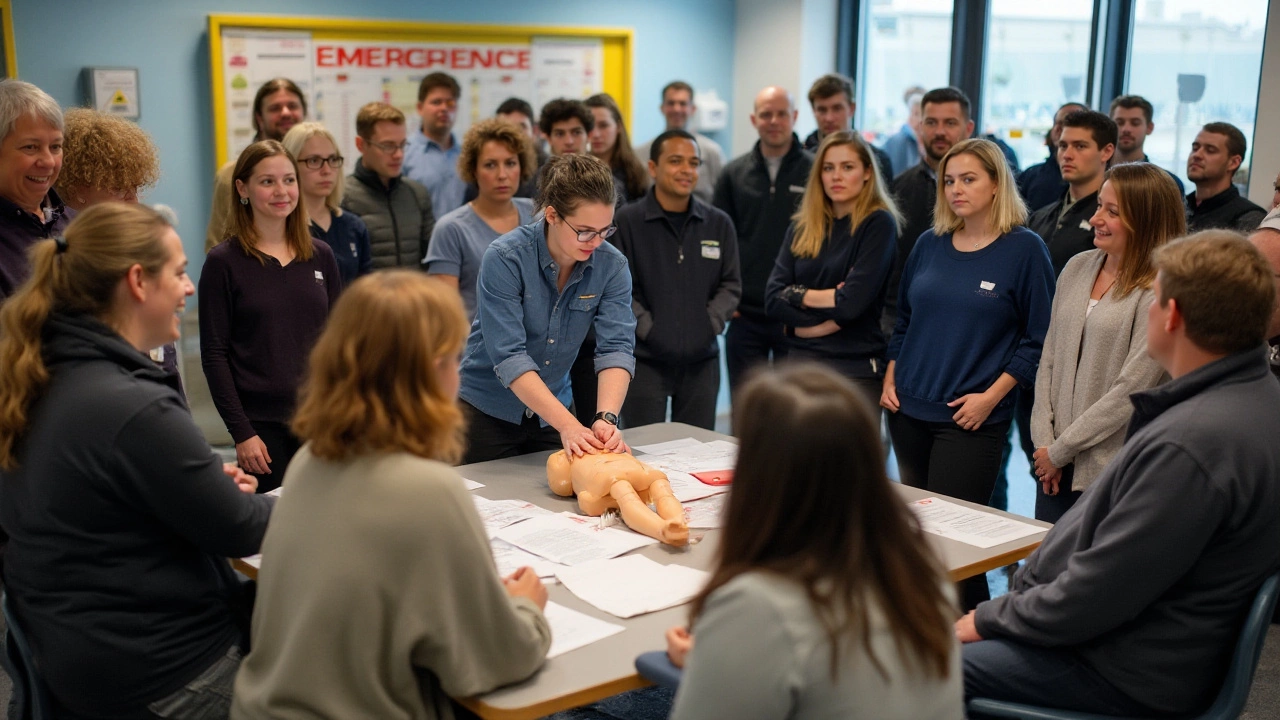Certification Guides: How to Choose, Study, and Turn Credentials into a Career Boost
If you’re scrolling through endless course lists, you’ve probably wondered which certification actually moves the needle for your job. The truth is, a good credential can open doors, raise your salary, and give you confidence in a new field. Below you’ll find straight‑talk advice that works for everything from IT exams to beauty therapist licences.
Why Certifications Matter
First off, a certification is proof that you’ve mastered a specific skill set. Employers see it as a low‑risk way to hire someone who can hit the ground running. For example, a Google certificate can get you past the résumé filter for a digital marketing role, while an NVQ shows UK employers you’ve met industry standards in a trade. In many cases, the credential itself is a conversation starter – it tells hiring managers you’re serious about your profession.
Second, many certifications come with built‑in networks. When you finish an IT cert like the CISSP, you join a community of security experts who share job leads and advice. The same goes for niche fields such as fire academy credentials in Virginia or safety degrees – you’ll meet peers who can point you toward apprenticeships or higher‑pay gigs.
Third, certifications often lead to higher pay. Data from recent job boards shows that holders of the highest‑paying IT certifications can earn up to 30% more than non‑certified peers. The same pattern appears in beauty therapy, where specialised esthetician credentials lift hourly rates.
Tips for Getting Certified Quickly
1. **Pick a target job first** – Look at job ads you like and note the most common credentials. If most listings ask for a CompTIA Security+ or an NVQ Level 2, that’s where you start.
2. **Use free resources before you buy** – Many providers offer sample exams or introductory videos. Watch the free content to gauge if the exam style fits you.
3. **Set a realistic study schedule** – Break the syllabus into bite‑size chunks. For a tough IT cert, aim for 30‑minute sessions on weekdays and a longer review on weekends. Consistency beats marathon cramming.
4. **Practice with real‑world scenarios** – If you’re studying a safety degree, try to apply the concepts at your current job. For hair training, practice the techniques on friends or family. Real practice sticks better than reading alone.
5. **Take advantage of employer sponsorship** – Some workplaces will pay for a police academy tuition or a welding cert if you stay with them for a set period. Ask HR about these options before you sign up.
6. **Don’t ignore soft skills** – Communication, time management, and problem‑solving are often part of the assessment. A simple mock interview can boost your confidence before the final exam.
Finally, treat the certification as a stepping stone, not a finish line. After you earn the credential, update your LinkedIn, add it to your CV, and start applying for roles that match the new skill set. You’ll notice that the same level of effort that got you the certificate now pays off in interview invites.
Ready to dive in? Browse our collection of articles – from "Hardest IT Certification to Earn" to "How Long Does Hair Training Take" – and pick the guide that matches your goal. Each post gives you the basics, study hacks, and what the job market looks like after you’re certified. Start with the one that feels most relevant, set a timeline, and watch your career shift upward.





